
Posted on August 26, 2024
RE.SEARCH 9 is our most novel edition yet. In it, we have featured research that encourages us to think afresh, and is doing so, we’ve highlighted new ways of looking at research. You can expect to read about research that has potential and promise for the future but which is still nascent...

Posted on June 04, 2024
University of Pretoria (UP) scientists have contributed to discovering how the naked mole rat is able to withstand heart attacks and fend off bowel cancer, two of the most fatal human ailments in the developed world. Their findings were published recently in two Nature Communications papers.

Posted on May 07, 2024
In a world in which there is an ever-encroaching digital footprint and high-tech solutions, it is vital that we reconnect with an outlook of compassion, care and communication. We do this through connection and connectivity. The theme of our latest issue, ‘Connect’, highlights how UP...
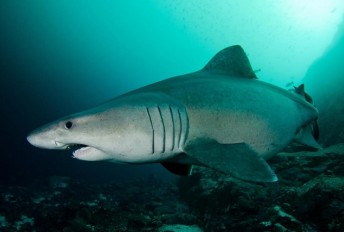
Posted on November 15, 2023
New research arising from a collaboration between scientists at the University of Pretoria (UP) and Trinity College Dublin has shown there are likely more warm-bodied sharks out there than previously thought.
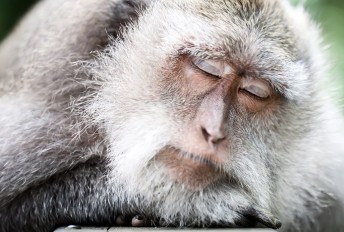
Posted on October 23, 2023
The quest for immortality has long fascinated humans, and inspired countless tales – now, in two new studies published in the journals Nature and Science, University of Pretoria (UP) researchers, along with a team of global experts known as the Mammalian Methylation Consortium, are a step...
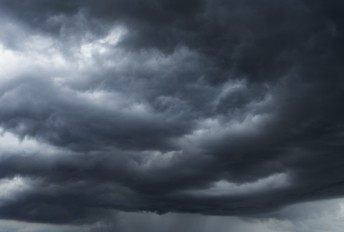
Posted on May 16, 2023
With climate change said to be affecting the intensity of rainfall, experts at the University of Pretoria (UP) have investigated if there are observable changes in the probability of significant to extreme daily rainfall across South Africa.
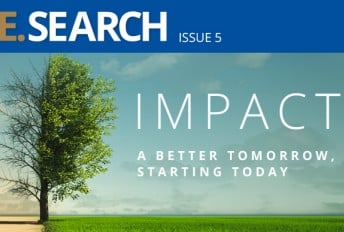
Posted on April 17, 2023
This issue of RE.SEARCH looks at the impact of the University of Pretoria's research from early childhood interventions and the use of traditional medicines for holistic nursing to the role of women in peacekeeping efforts. The issue also provides insight into the critical question of coal power...
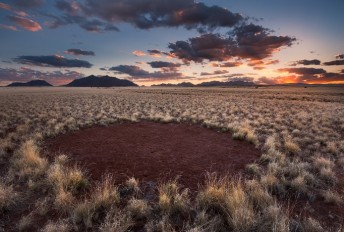
Posted on March 29, 2023
University of Pretoria (UP) scientists have posited a theory that could explain the tens of thousands of “fairy circles” that can be seen dotted across the arid landscape of Namibia.

Posted on December 07, 2022
The ice-free areas of Antarctica were initially thought to be devoid of life, but with the advent of modern genetic technologies, scientists now know that microorganisms have adapted to living in this extreme environment.
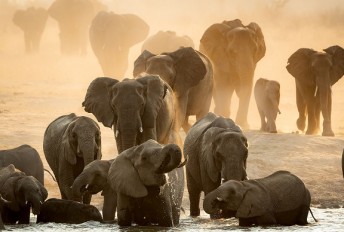
Posted on November 24, 2022
A new series of maps drawn up by Emeritus Professor Rudi van Aarde of the University of Pretoria (UP) and Dr Ryan Huang of Duke University in the US details where African elephants prefer to roam in Southern Africa.
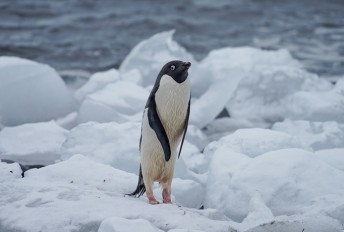
Posted on November 02, 2022
The Southern Ocean around Antarctica needs urgent protection – for the sake of the rest of the world. This marine wilderness is threatened by climate change and commercial fisheries, says University of Pretoria (UP) macro-ecologist Dr Luis Pertierra, an expert on the natural value of the...
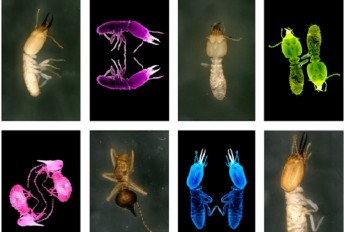
Posted on September 28, 2022
The University of Pretoria (UP) recently participated in an international study led by the University of Miami to investigate termite and microbial wood discovery and decay. Termites release carbon from the wood as methane and carbon dioxide, which are two of the most important greenhouse gases...
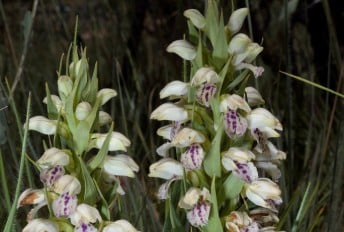
Posted on July 12, 2022
The Albertina Sisulu orchid was described as a new species in 1955, the same year the struggle stalwart launched the Freedom Charter with her compatriots in the ANC Women’s League. Researchers at the University of Pretoria want to help save this endangered plant by understanding the unique...
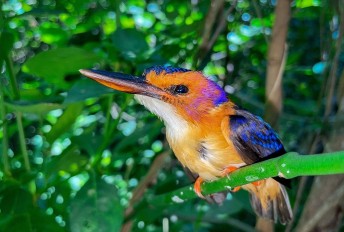
Posted on June 22, 2022
Rising temperatures as a result of climate change will affect bird species differently, and their abilities to withstand extremely hot conditions depend on the part of the world that they find themselves in and the climatic region to which their physiology has become adapted over the course of...
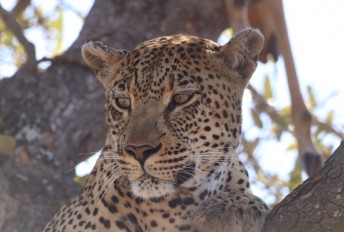
Posted on March 11, 2022
Scientists have studied wild carnivores roaming protected areas for a long time, but predator numbers in unprotected areas remained unclear until recently. In Platjan, Limpopo, where farmers share the land with leopards and other predators, researchers led by Philip Faure have now tracked these...
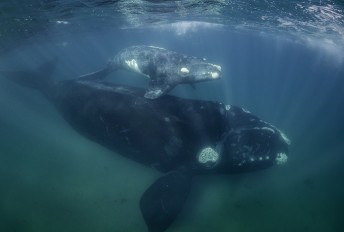
Posted on March 01, 2022
UP’s Mammal Research Institute Whale Unit and WWF South Africa are teaming up to support research on southern right whales in response to warming oceans and changes to ocean processes which are affecting the number of whales visiting SA's shores.
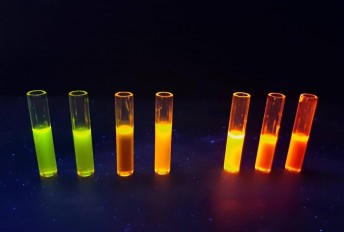
Posted on December 19, 2021
Ané Kritzinger, a master’s student in the Department of Chemistry, is bridging the fields of chemistry and physics to develop an ultra-sensitive instrument for pollutant detection.
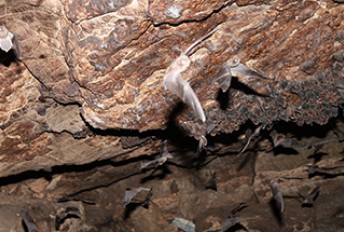
Posted on December 18, 2021
Research at UP is looking at how tree harvesting is causing the destruction of natural habitat, bringing wild animals like bats into closer contact with humans than ever before and leading to increased risk of new zoonotic diseases.
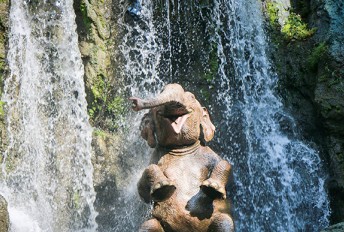
Posted on December 16, 2021
Water is a vital resource for mammals. This is especially true for African elephants that generally drink every day but can go two to three days between drinks. As they have an exceptional sense of smell, it has been suggested that elephants may locate water using olfactory cues. However, there...
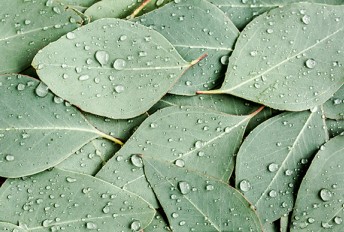
Posted on November 15, 2021
Prof Zander Myburg of UP’s Forestry and Agricultural Biotechnology Institute is part of an international team that will embark on a large-scale genome sequencing of 2 000 eucalyptus trees.
Copyright © University of Pretoria 2025. All rights reserved.
Get Social With Us
Download the UP Mobile App